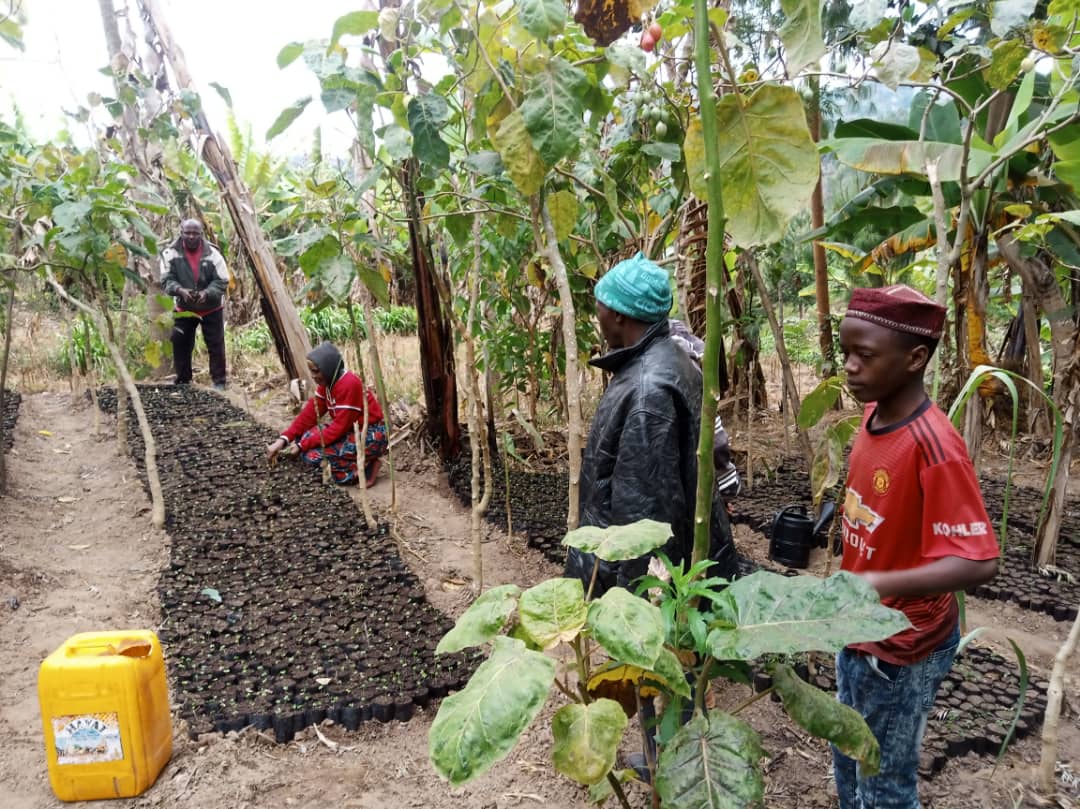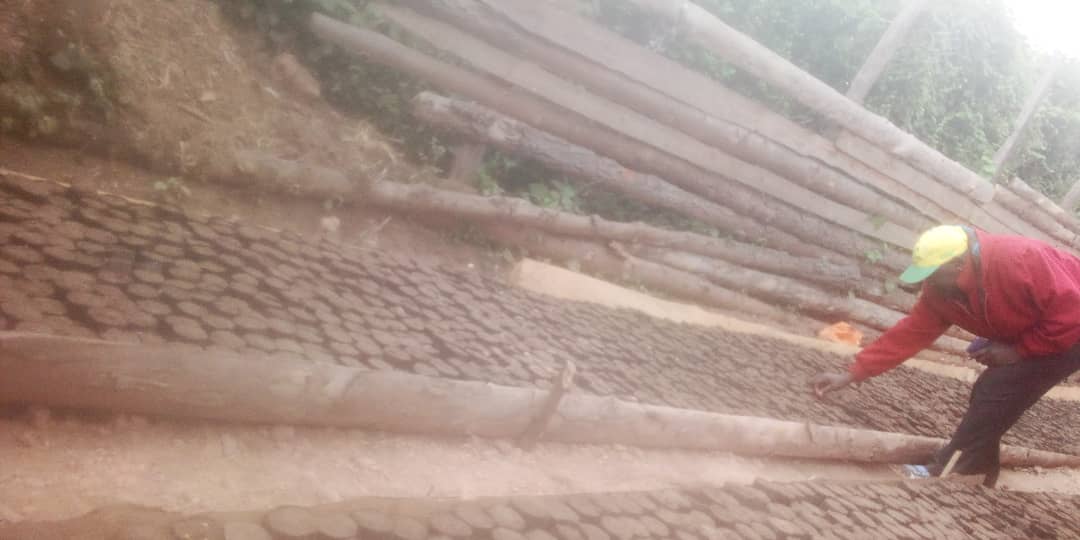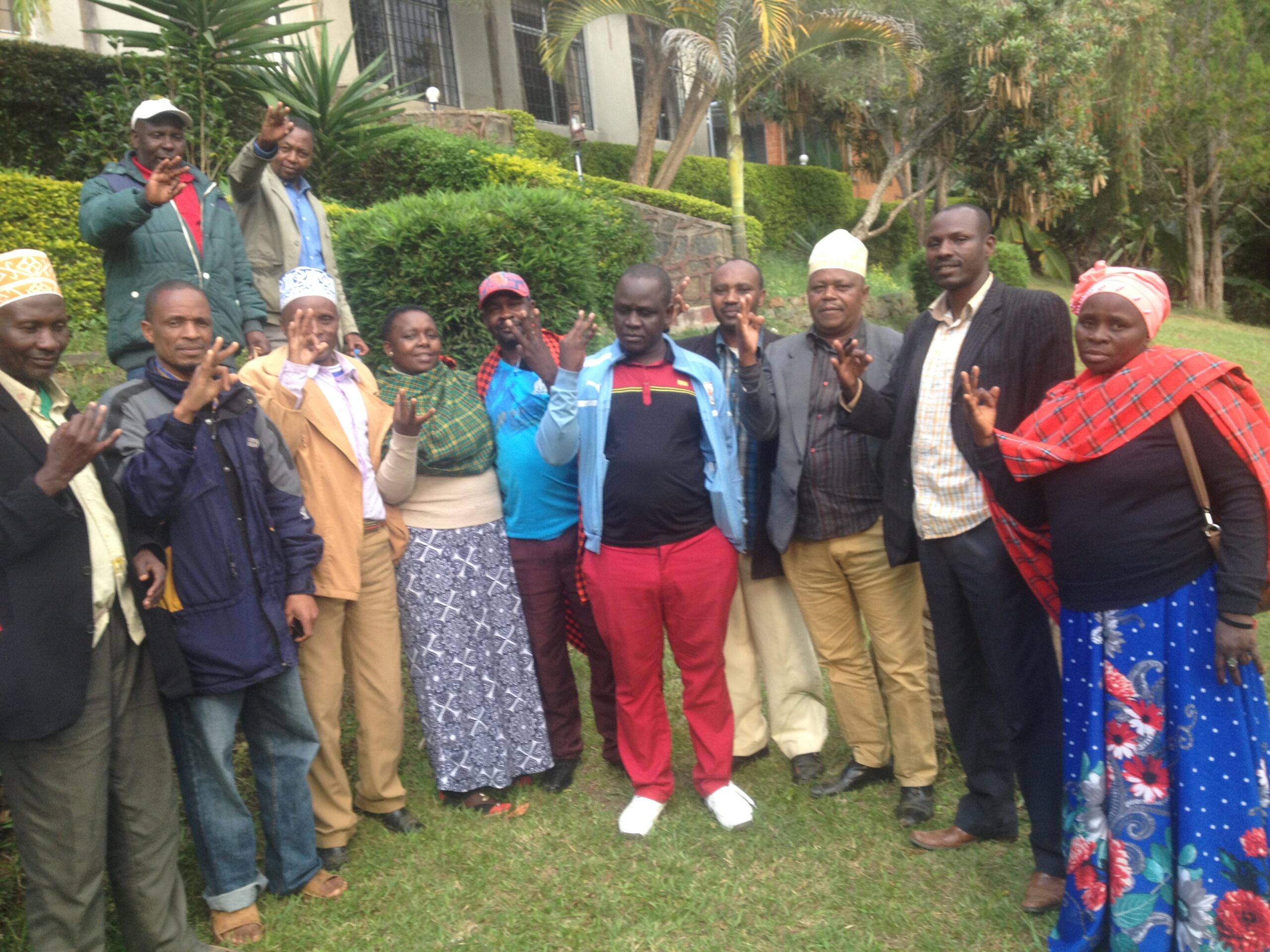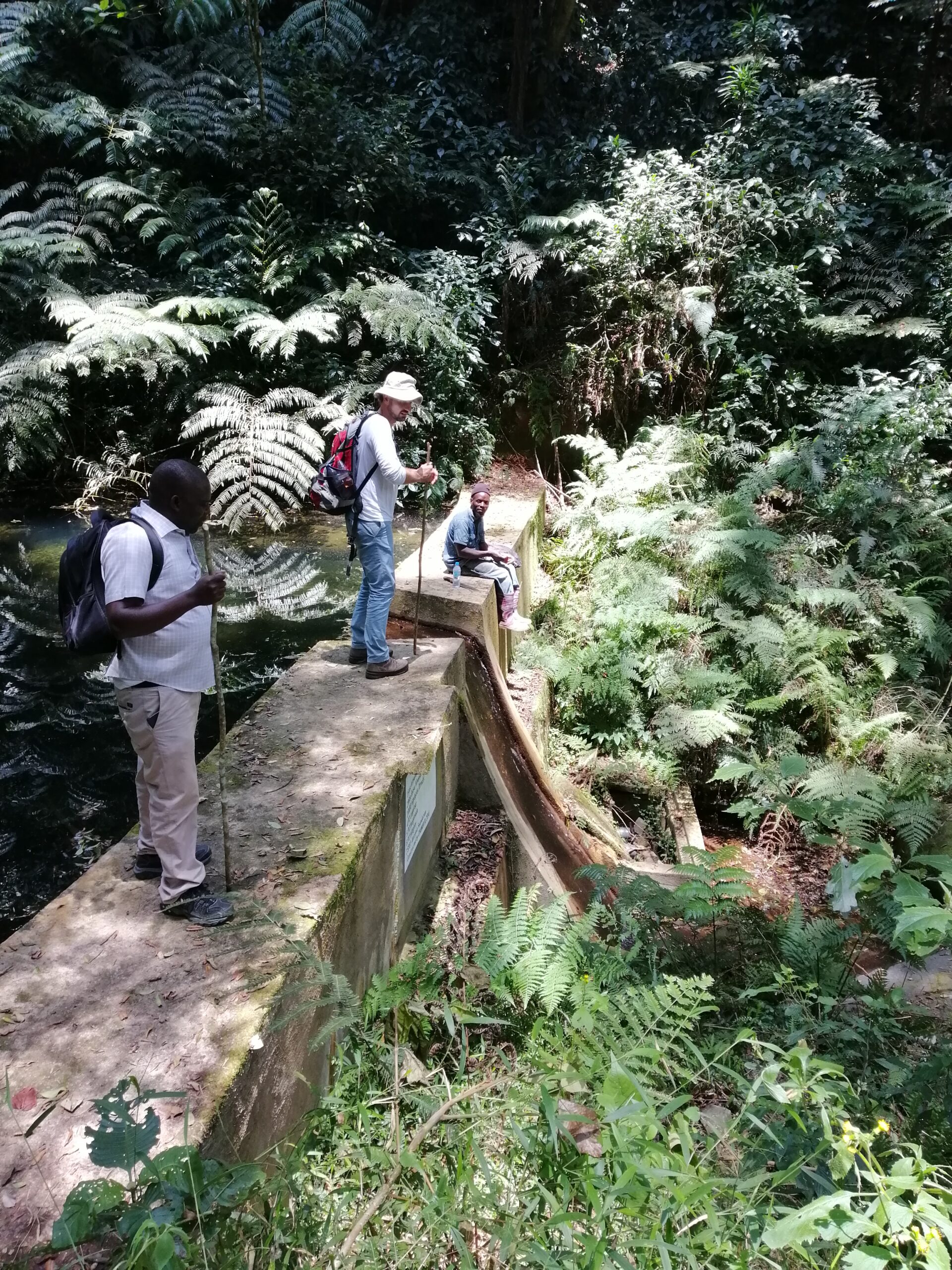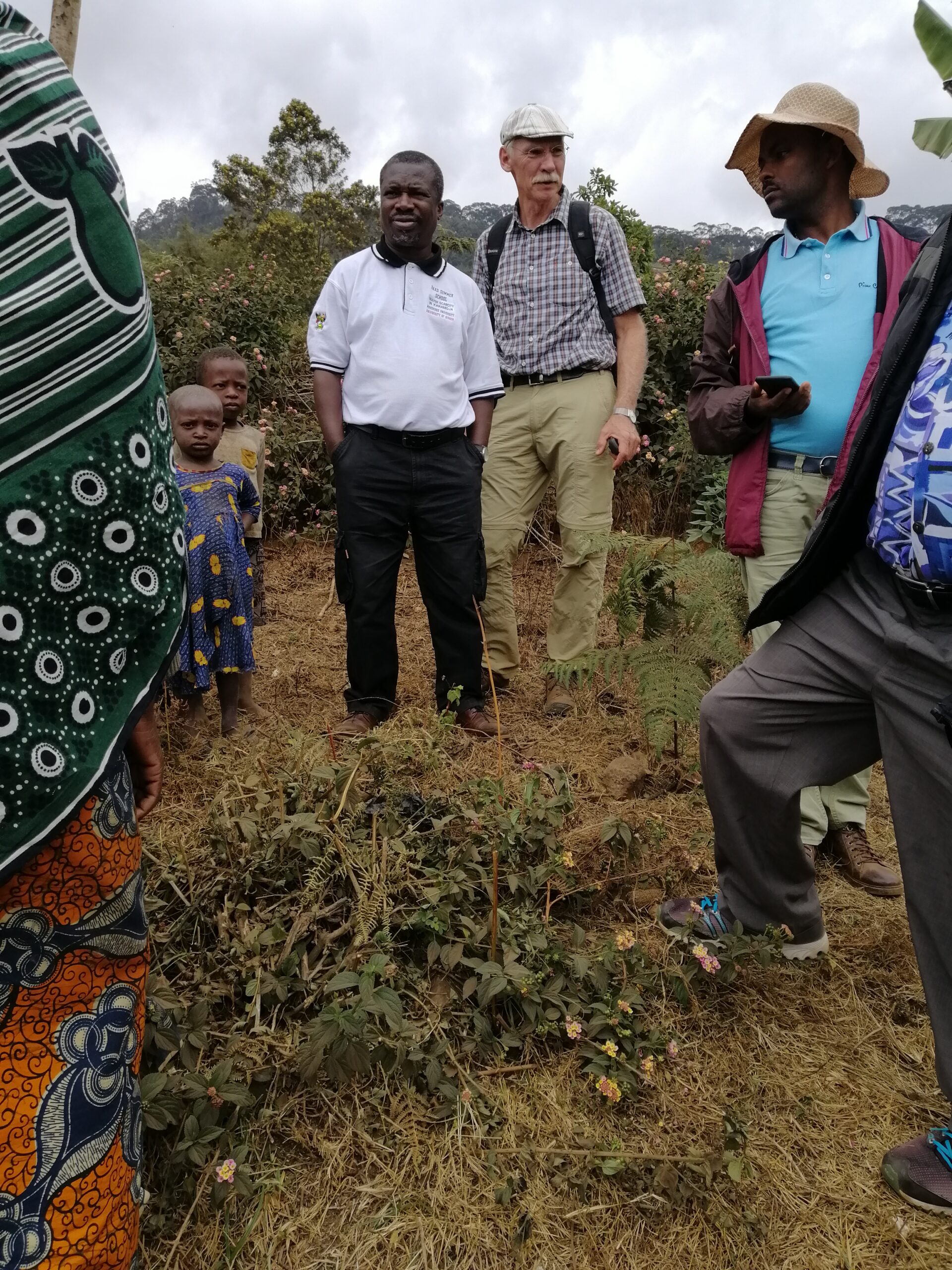Project Summary
The 20 villages of the Mtae Division in the Lushoto District in Tanzania are increasingly suffering from water scarcity. The Mtae Water User Association, which was informally founded in 2018 and officially established in 2021, is being supported to protect the water sources, to repair and expand the existing infrastructure and to build up its internal structure for the purpose of self-determined management of the water supply for 100,000 inhabitants. In the current phase 2 of this project, trees are planted in the catchment areas of the water sources and future village water engineers from each village are trained.
Project Manager
Country
Tansania
Status
Ongoing since 2019
2nd phase completed in 2022
Budget
10,000€ – 2nd phase
Documents
Partners
Wilo Foundation
Tools For Life Foundation
Wilo Corporate
BVB
Project goals
Conservation of degraded water sources by planting at least 10000 trees in Sunga and Rangwi Ward.
Establishment and training of administrative structures of the MWUA.
Creating awareness within the 20 villages of the Mtae Division of the need for active forest and water protection.
Building MWUA’s capacity to provide technical support to its water infrastructures through a 3-day workshop with Mabughai Colleage.
Water scarcity is one of the most pressing problems in Mtae Division in Lushoto District, Tanzania. It contributes to the decline in production, high cost of living, health diseases such as diarrhoea and typhoid. The price of a bucket of water (20 litres) in some villages is up to 1000 Tanzanian shillings (0.40 €), which is unaffordable for some families with an average income of about 1 €/day, which is why people resort to spring water, but this should only be used for irrigating the fields. A direct cause of water scarcity in the spring areas is due to the cutting of trees in the forest and watersheds for construction and firewood, the clearing of forests for land reclamation for agriculture and in some cases the construction of new residences for human settlements. Climate change appears to be another factor contributing to water scarcity due to prolonged dry spells.
To address the problem of water scarcity in the Mtae Division, two DAAD (German Academic Exchange Service) seminars were held in 2019 and 2020 with experts from East African countries and Germany. Various solutions were identified as necessary to enable communities in Mtae Division to access safe drinking water. In the long run, the Shagayu National Forest has the potential to supply the entire division with water. However, this will require increased funding to deliver the available water through the construction of water tanks at the water source and the installation of water pipes to the villages.
Ibrahim Hussein was born in Longoi, one of the villages without electricity and water in the Usambara Mountains, and studied Resource Management at the University of Bonn from 2010-2012 on a DAAD scholarship. In 2015, Weltweit had supported Ibrahim to realise the project of a local initiative from his home village Longoi. Longoi is one of the six villages mentioned above. At that time, 30,000 trees were planted to rehabilitate the existing water sources and combat soil erosion. During a project visti, Weltweit e.V. was made aware of the water resources in the Shagayu Forest by the inhabitants of Longoi and during our initial research we quickly understood that the supply of clean water in the region requires a large project with strong partners. We therefore turned to the FH Frankfurt for technical expertise in 2018, which ultimately resulted in a cooperation between the University of Dar es Salaam, the FH Frankfurt, the University of Siegen and the University of Bielefeld, and which led to the expert seminar funded by the DAAD.
In order to put the findings of the expert seminar into practice, it is necessary to build the administrative and technical capacities of the communities to manage the available water sources and sometimes already existing water infrastructures. The second project phase, which started in spring 2021, therefore aims to support the conservation of degraded water sources by planting trees in the selected water sources and community farms, and at the same time to build the capacities of the local communities to manage their water infrastructures by training water experts in the villages.



